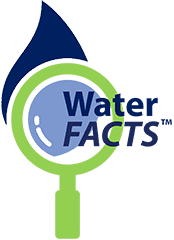Microbiologically induced corrosion (MIC) is a type of corrosion that is caused by the presence of microorganisms. These microorganisms can produce acids, gases, and other substances that can damage metal surfaces. MIC can occur in a variety of environments, including seawater, freshwater, soil, and industrial fluids.
